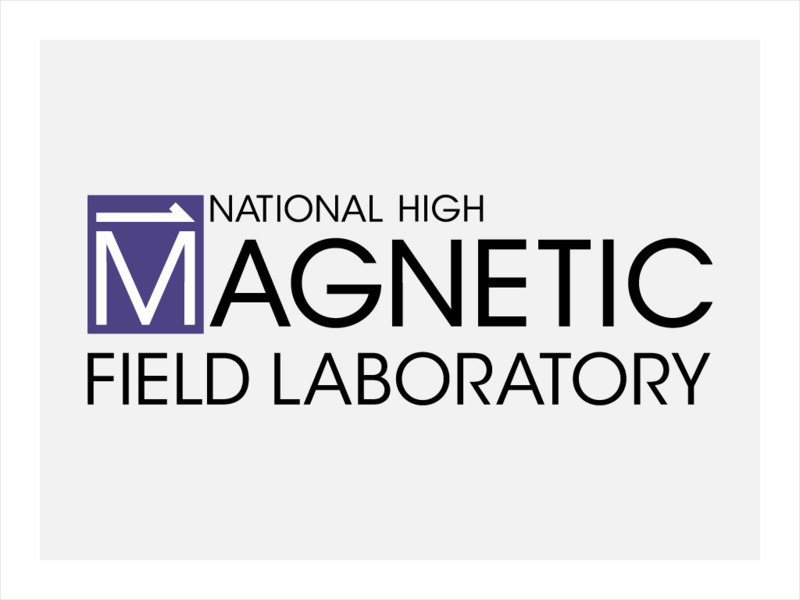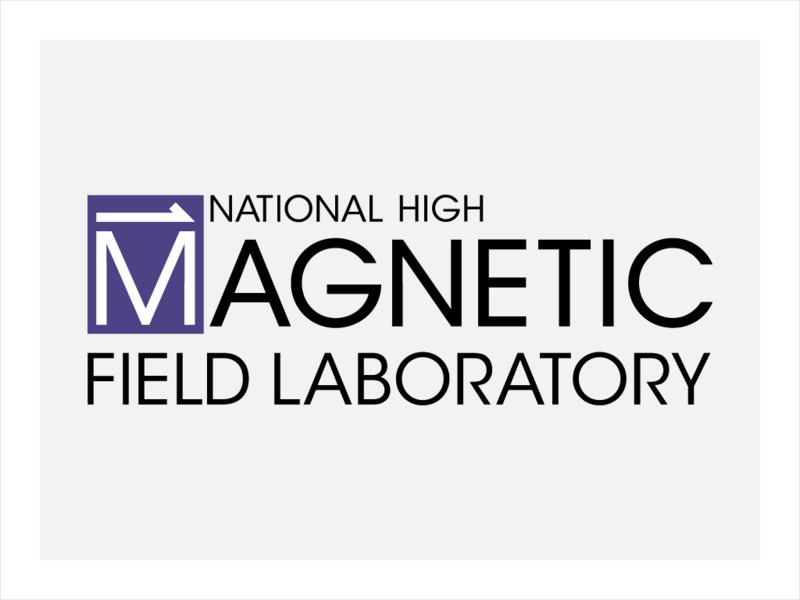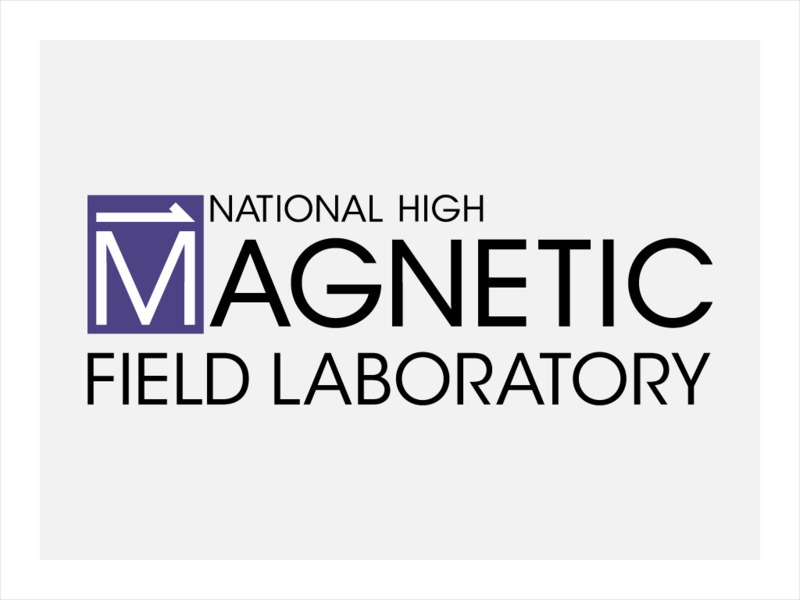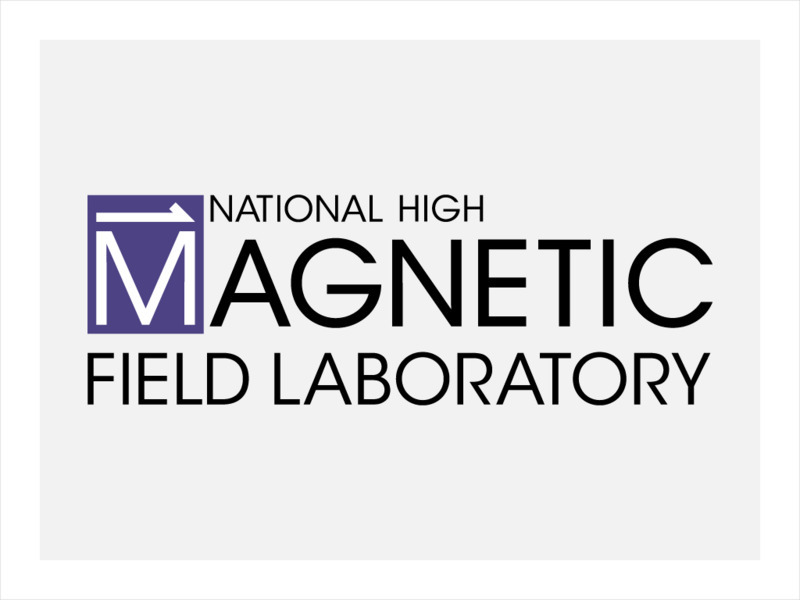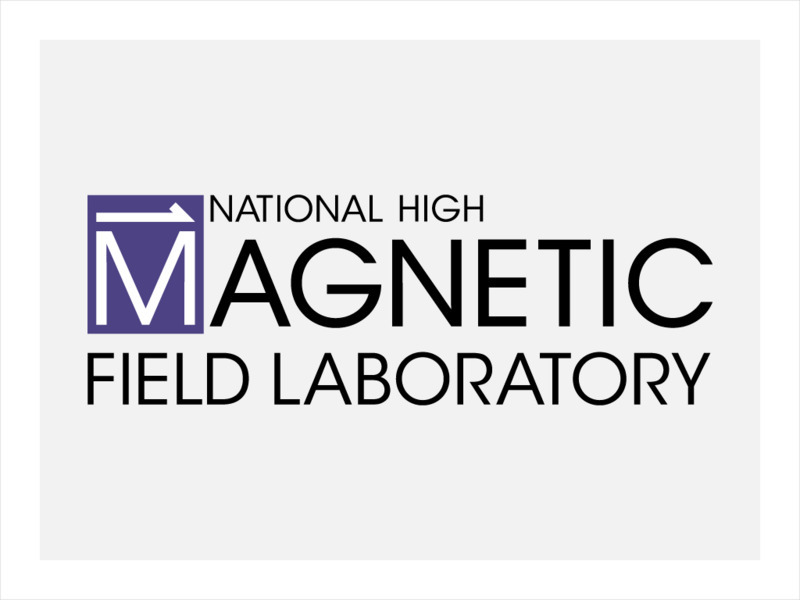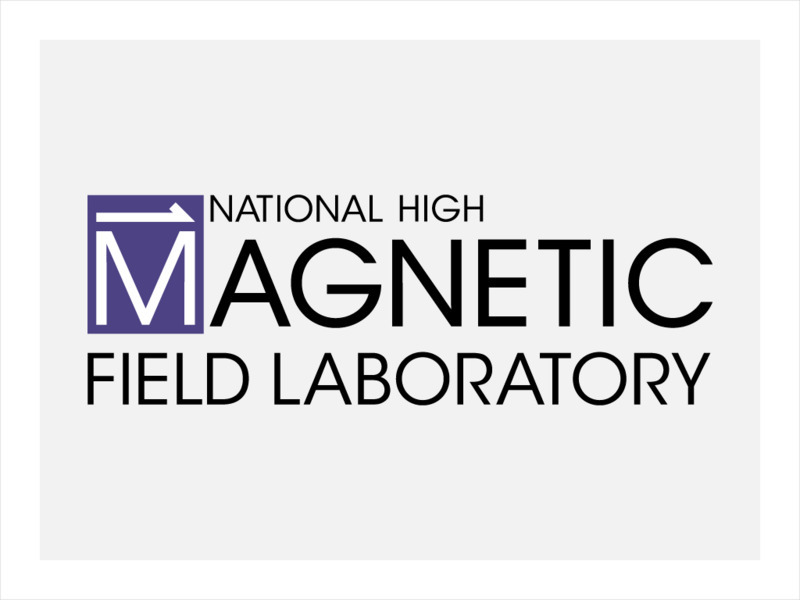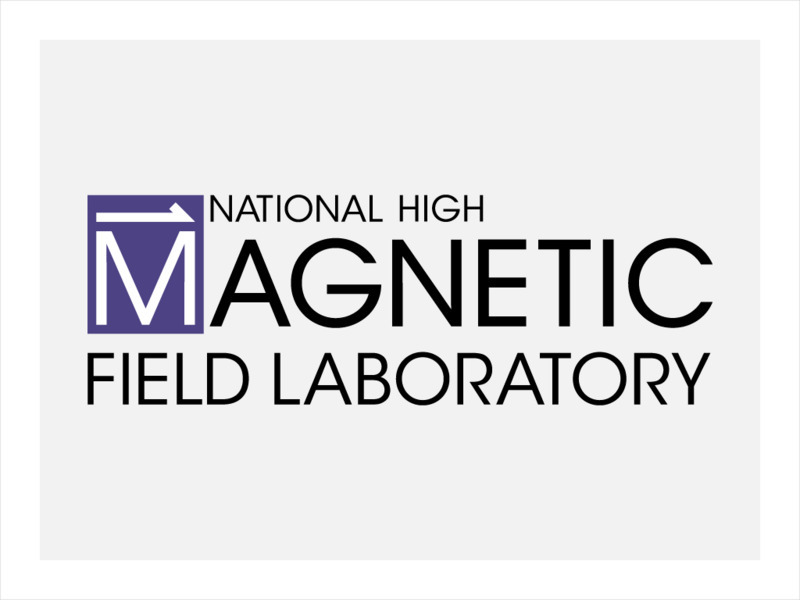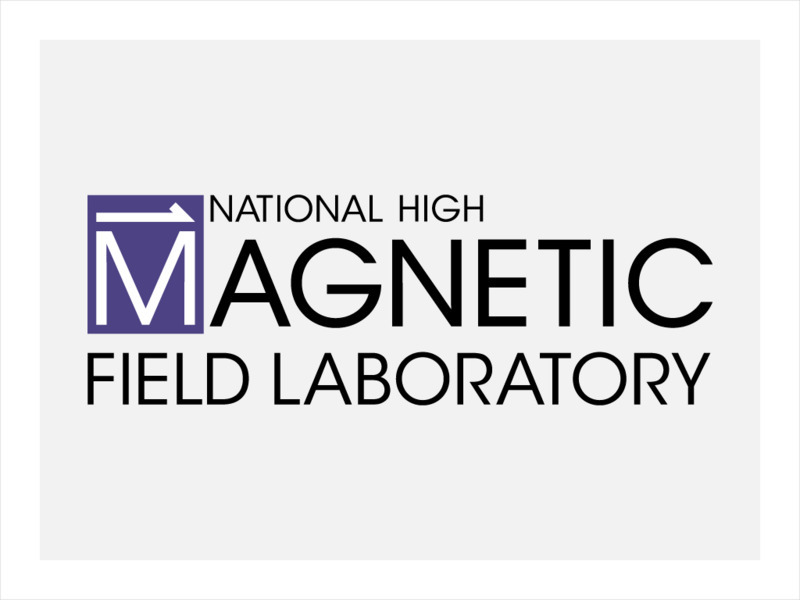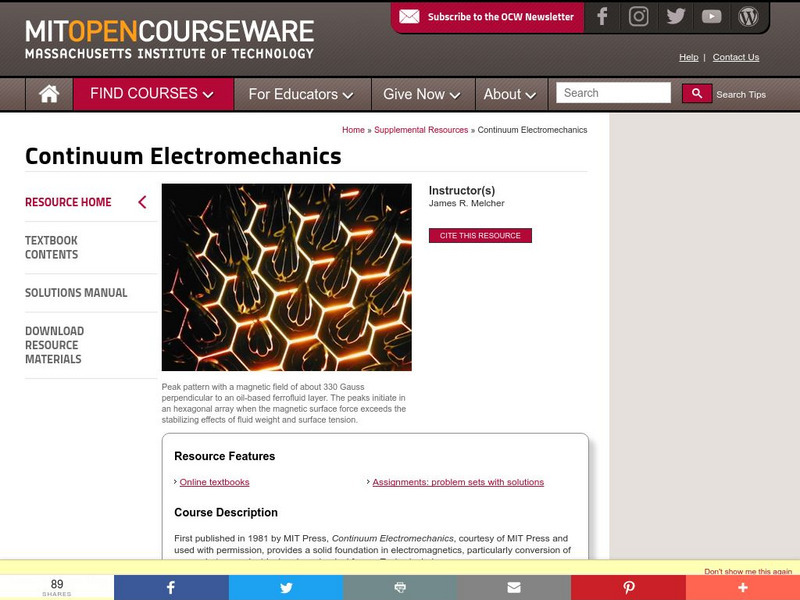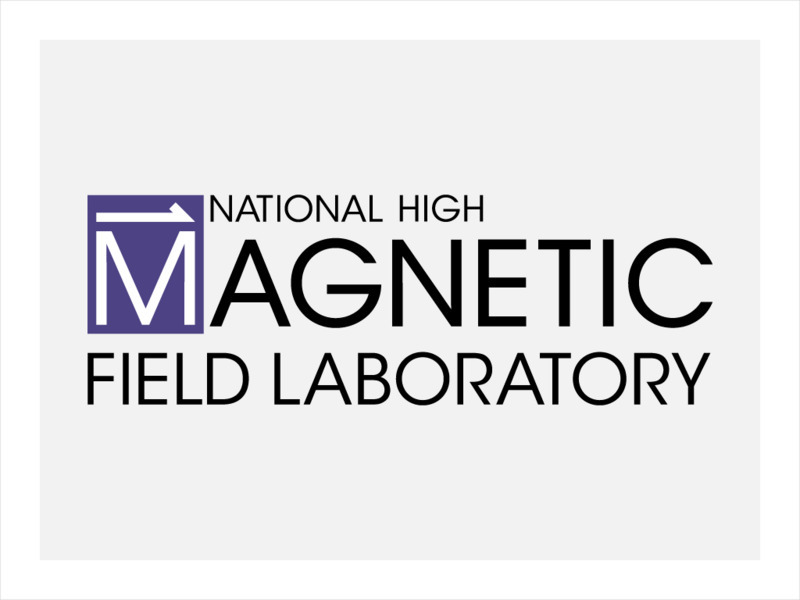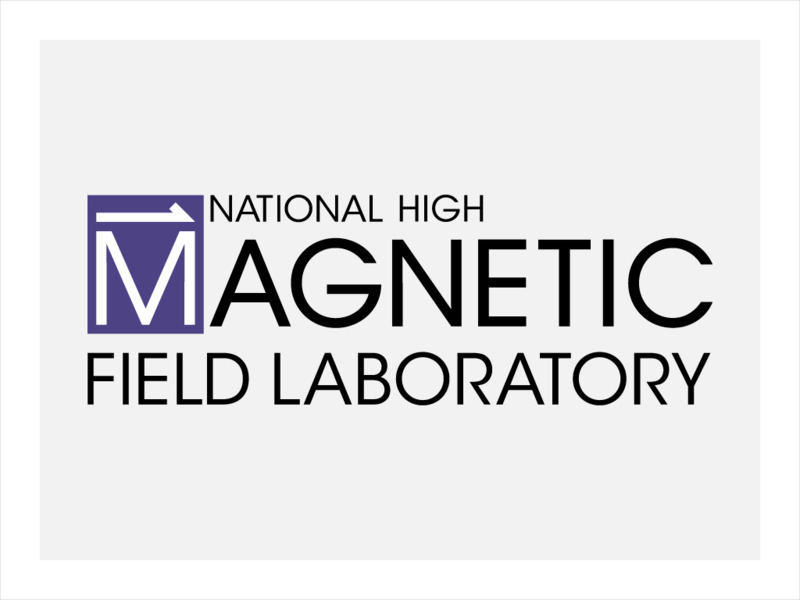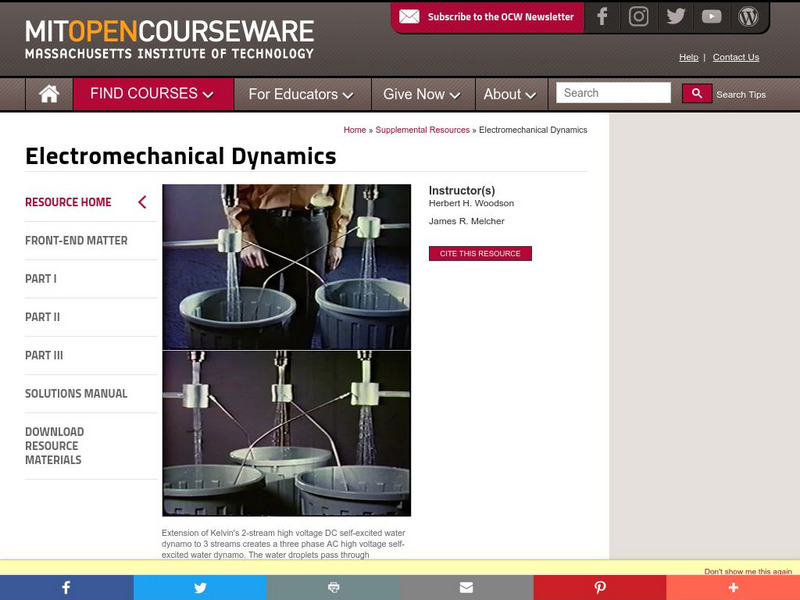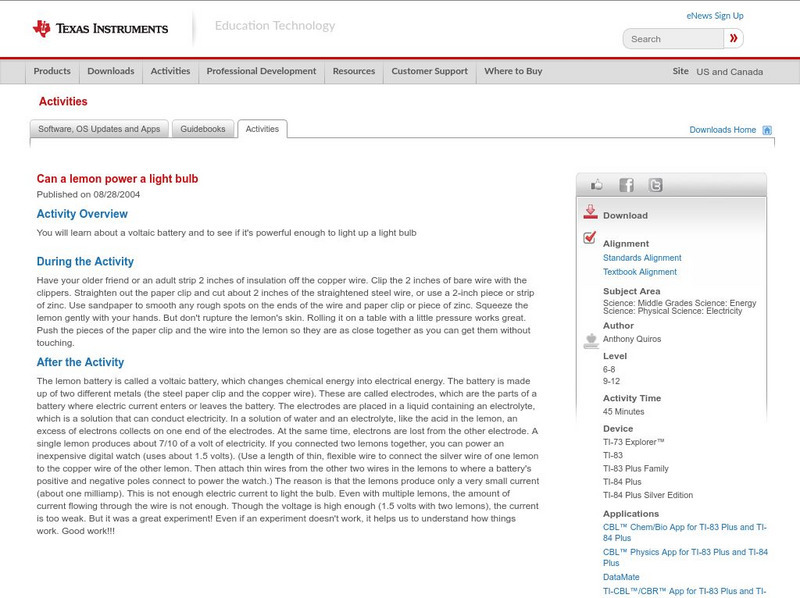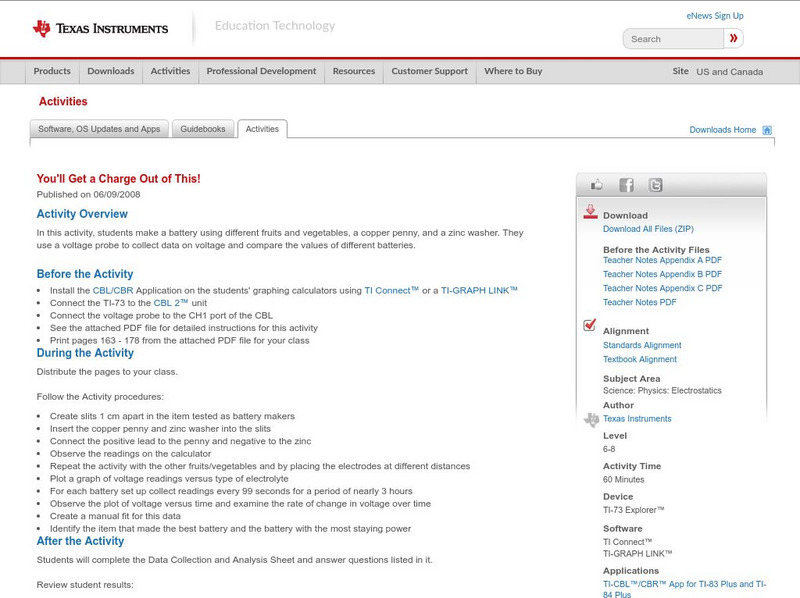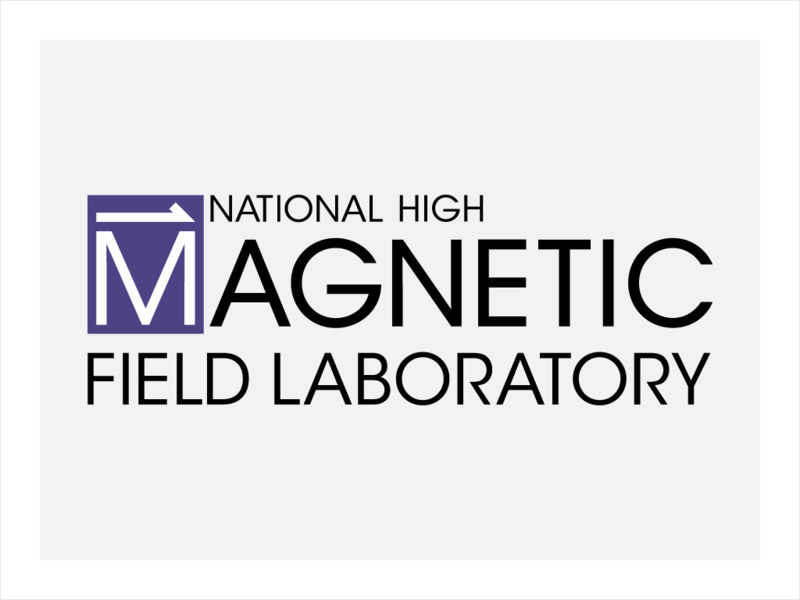National High Magnetic Field Laboratory
Magnet Academy: Oscillator
Oscillators are a type of circuit found in many types of electronic equipment, including clocks, radios and computers. (Java tutorial)
National High Magnetic Field Laboratory
Magnet Academy: Torsion Balance
Experiment with the torsion balance and see what happens first by giving the rod a charge, and then by moving the charged rod closer to the outer metal sphere of the instrument. Observe what happens to the needle as the charge increases.
National High Magnetic Field Laboratory
Magnet Academy: Oil Drop
It may look like a simple black blob, but an oil drop is in fact a phenomenally complex mix of immense molecules called hydrocarbons. Using a type of mass spectrometry called FT-ICR, scientists can analyze oil and other macromolecules...
National High Magnetic Field Laboratory
Magnet Academy: Paul Dirac
Paul Adrien Maurice Dirac was an outstanding twentieth century theoretical physicist whose work was fundamental to the development of quantum mechanics and quantum electrodynamics. He was awarded the Nobel Prize for Physics jointly with...
National High Magnetic Field Laboratory
Magnet Academy: Leon Cooper
Leon Cooper shared the 1972 Nobel Prize in Physics with John Bardeen and Robert Schrieffer, with whom he developed the first widely accepted theory of superconductivity. Termed the BCS theory, it is heavily based on a phenomenon known as...
National High Magnetic Field Laboratory
Magnet Academy: James Clerk Maxwell
James Clerk Maxwell was one of the most influential scientists of the nineteenth century. His theoretical work on electromagnetism and light largely determined the direction that physics would take in the early twentieth century. Indeed,...
National High Magnetic Field Laboratory
Magnet Academy: Theodore Maiman
Theodore Maiman built the world's first operable laser. Ironically, Maiman's first paper announcing this momentous achievement, which many other scientists had been racing to complete themselves, was rejected. Since then, however, lasers...
National High Magnetic Field Laboratory
Magnet Academy: Heinrich Rohrer
Swiss physicist Heinrich Rohrer co-invented the scanning tunneling microscope (STM), a non-optical instrument that allows the observation of individual atoms in three dimensions, with Gerd Binnig. The achievement garnered the pair half...
National High Magnetic Field Laboratory
Magnet Academy: Eric Cornell
Born in Palo Alto, California, and raised in Cambridge, Massachusetts - homes to Stanford and the Massachusetts Institute of Technology, respectively - you could say Eric Cornell was destined to become a renowned scientist. And while he...
National High Magnetic Field Laboratory
Magnet Academy: Heinrich Hertz
The discovery of radio waves, which was widely seen as confirmation of James Clerk Maxwell's electromagnetic theory and paved the way for numerous advances in communication technology, was made by German physicist Heinrich Hertz. In the...
National High Magnetic Field Laboratory
Magnet Academy: John Ambrose Fleming
John Ambrose Fleming was an electronics pioneer who invented the oscillation valve, or vacuum tube, a device that would help make radios, televisions, telephones and even early electronic computers possible. A brilliant innovator,...
National High Magnetic Field Laboratory
Magnet Academy: Enrico Fermi
Enrico Fermi was a titan of twentieth-century physics. He outlined the statistical laws that govern the behavior of particles that abide by the Pauli exclusion principle and developed a theoretical model of the atom in his mid-twenties....
National High Magnetic Field Laboratory
Magnet Academy: Siegmund Loewe
Siegmund Loewe was a German engineer and businessman that developed vacuum tube forerunners of the modern integrated circuit. He pioneered both radio and television broadcasting, and the company he established with his brother, David...
Massachusetts Institute of Technology
Mit: Open Course Ware: Supplemental Resources: Continuum Electromechanics
College-level electrical engineering and computer science textbook highlighting the applications of continuum electromechanics.
National High Magnetic Field Laboratory
Magnet Academy: Crookes Tube 1870
English chemist Sir William Crookes (1832 - 1919) invented the Crookes tube to study gases, which fascinated him. His work also paved the way for the revolutionary discovery of the electron and the invention of X-ray machines.
National High Magnetic Field Laboratory
Magnet Academy: John Daniel Kraus
For a man whose career involved the entire known universe, John Kraus had a remarkably insular upbringing. He was born and raised in Ann Arbor, Michigan, and earned his bachelor's, master's and doctoral degrees in physics, all at the...
National High Magnetic Field Laboratory
Magnet Academy: Inductive Reactance
Like resistance, reactance slows an electrical current down. Explained by Lenz's Law, this phenomenon occurs only in AC circuits. (Java tutorial)
National High Magnetic Field Laboratory
Magnet Academy: John Bardeen
John Bardeen was one of a handful of individuals awarded the Nobel Prize twice and the first scientist to win dual awards in physics. Both times, he shared the prize with others. The first time his co-recipients were Walter Brattain and...
Cosmo Learning
Cosmo Learning: Applied Science and Technology 210: Electrical Engineering
A collection of video lectures from a course that explores the application of electrical engineering topics. Webpage includes twenty-eight lectures from a professor at the University of California, Berkeley. Lectures vary in length and...
Massachusetts Institute of Technology
Mit: Open Course Ware: Supplemental Resources: Electromechanical Dynamics
College-level textbook highlighting the interaction of electromagnetic fields with media in motion. Types of electromechanical interactions discussed include rotating machinery, plasma dynamics, the electromechanics of biological...
Texas Instruments
Texas Instruments: Can a Lemon Power a Light Bulb
You will learn about a voltaic battery and to see if it's powerful enough to light up a light bulb
Texas Instruments
Texas Instruments: You'll Get a Charge Out of This!
In this activity, students make a battery using different fruits and vegetables, a copper penny, and a zinc washer. They use a voltage probe to collect data on voltage and compare the values of different batteries.
Khan Academy
Khan Academy: Light: Electromagnetic Waves, Electromagnetic Spectrum and Photons
This article discusses the properties of electromagnetic radiation and photons.
National High Magnetic Field Laboratory
Magnet Academy: Arc Lamp 1876
Fire lighted the night for many centuries. Then came Sir Humphry Davy and the birth of the arc lamp, an invention built upon in the years that followed by many.


